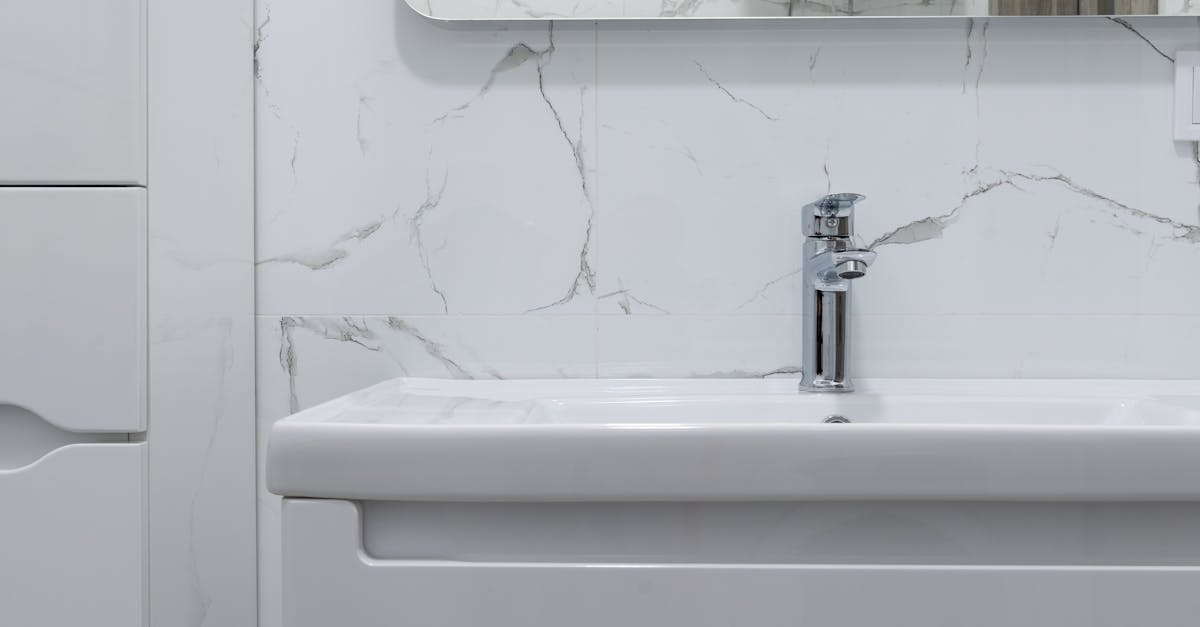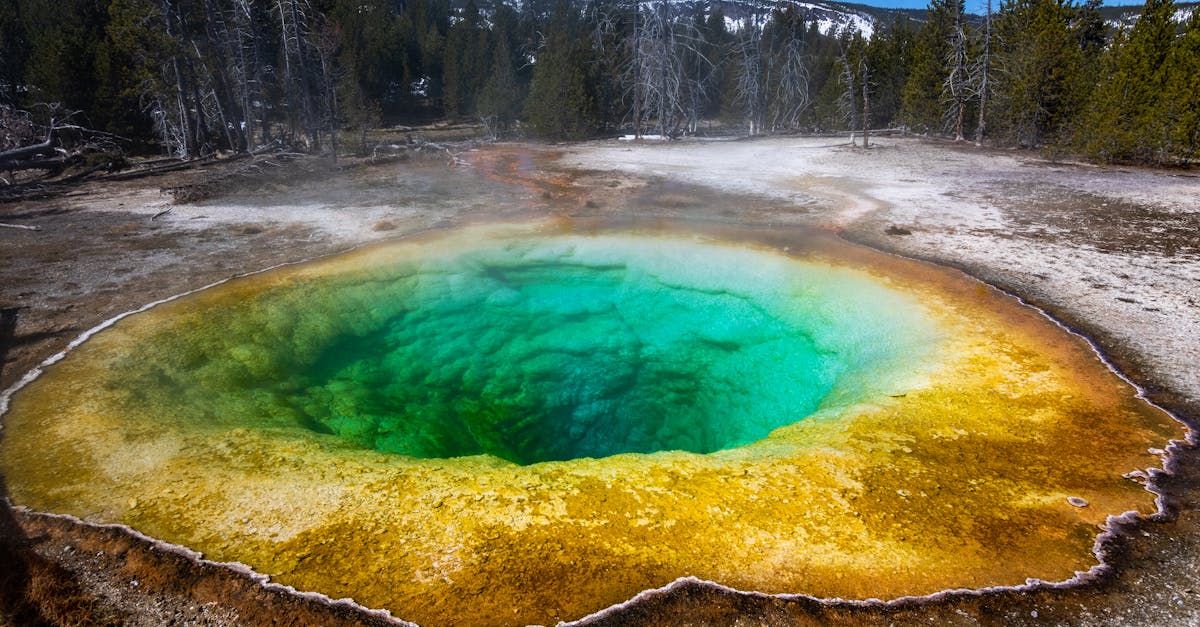
Table Of Contents
Understanding the Heating Elements in a Rheem Water Heater
Understanding the Heating Elements in a Rheem Water Heater
Hot Water System Troubleshooting can often lead back to the heating elements in a Rheem water heater. In these systems, there are typically two elements - an upper and a lower one. The heating elements are crucial components responsible for heating the water inside the tank to the desired temperature. When these elements malfunction or fail, it can result in insufficient hot water or no hot water at all, prompting the need for immediate attention.
To determine if a heating element is the culprit behind your Rheem water heater issues, perform a simple test. Turn off the power supply to the heater and use a multimeter to check the continuity of each element. If one of the elements shows no continuity, it indicates a fault that requires replacement. Understanding the role of these heating elements in your Rheem water heater is essential in effectively troubleshooting and resolving any hot water system problems that may arise.
Replacing a Faulty Heating Element
When it comes to troubleshooting your Rheem water heater, a common issue that may arise is a faulty heating element. This can result in your water heater not functioning properly, causing you to constantly reset it. To address this issue, it is important to first identify which heating element is faulty.
Once you have determined the problematic heating element in your Rheem water heater, the next step is to replace it. This process involves turning off the power supply to the water heater, draining the tank, removing the access panels to reach the heating element, and then carefully disconnecting the wiring. By replacing the faulty heating element with a new one, you can ensure that your hot water system operates efficiently and effectively once again.
Importance of Proper Installation for Rheem Water Heaters
Proper installation of your Rheem water heater is crucial for its optimal performance. Incorrect installation can lead to a range of issues, including the need for frequent resets. When installing your Rheem water heater, ensure that it is positioned correctly and securely in a well-ventilated area. This will help prevent overheating and unnecessary strain on the heating elements, which can cause the system to keep resetting.
Hot Water System Troubleshooting may reveal that improper installation could also result in issues with the water heater's venting. It is essential to follow Rheem's guidelines for proper ventilation during installation to prevent any obstructions that could affect the unit's performance. A well-ventilated area allows for the efficient operation of the water heater, helping to maintain consistent hot water supply without the constant need for resetting the system.
Ensuring Proper Ventilation
Proper ventilation is crucial for the efficient operation of your Rheem water heater. Without adequate ventilation, the heater may struggle to function optimally, leading to frequent reset requirements. When the unit is not able to breathe properly, it can overheat or experience pressure build-up, causing the system to shut down unexpectedly. As part of your Hot Water System Troubleshooting, checking and ensuring that the ventilation system is clear of any obstructions is necessary to maintain consistent performance.
Condensation and steam produced during the heating process need to escape through the vent pipes to prevent any blockages. If the ventilation system is obstructed, the unit may keep shutting off to prevent damage. Regular inspection of the exhaust vent to ensure it is free from debris or any restrictions is essential. By maintaining a clear path for the hot air to escape, you can help prevent unnecessary resets of your Rheem water heater, ensuring reliable and uninterrupted hot water supply.
Impact of Water Quality on Rheem Water Heater Performance
Many homeowners experience issues with their Rheem water heaters due to the impact of water quality on the performance of the system. Hard water, which contains high levels of minerals such as calcium and magnesium, can lead to sediment buildup within the tank. This buildup can cause the heating elements to overwork, leading to increased energy consumption and a decrease in efficiency. As a result, the system may require more frequent resetting to operate properly.
To address water quality issues affecting Rheem water heaters, homeowners can consider installing a water softener system. By reducing the level of minerals in the water supply, a water softener can help prevent sediment buildup and prolong the lifespan of the heating elements in the system. This proactive approach to water quality management can not only improve the performance of the hot water system but also reduce the need for frequent maintenance and resetting. Hot Water System Troubleshooting becomes more effective when water quality is taken into consideration.
Installing a Water Softener System
When it comes to addressing issues with your Rheem water heater, the installation of a water softener system can make a significant difference. Hard water can lead to mineral buildup in your water heater over time, affecting its efficiency and lifespan. By installing a water softener system, you can prevent these deposits and prolong the functionality of your water heater. This preventative measure not only helps in maintaining the performance of your hot water system but also reduces the frequency of necessary resets and repairs.
Hot Water System Troubleshooting often involves considering various factors that can impact its performance. Installing a water softener system is one solution that can improve the efficiency of your Rheem water heater and minimise the need for frequent resets. By investing in this additional system, you are taking proactive steps to ensure the smooth operation of your water heater and prevent potential issues caused by hard water.
FAQS
Why does my Rheem water heater keep needing to be reset?
Rheem water heaters may require frequent resetting due to issues such as a faulty heating element, improper installation, or poor water quality.
How can I fix a faulty heating element in my Rheem water heater?
If you suspect a faulty heating element in your Rheem water heater, it is recommended to consult a professional plumber or Rheem service technician for inspection and replacement if necessary.
What role does proper installation play in the performance of Rheem water heaters?
Proper installation of Rheem water heaters is crucial for optimal performance. Ensure proper ventilation to prevent overheating and malfunctions.
Can water quality impact the performance of my Rheem water heater?
Yes, water quality can impact the performance of your Rheem water heater. Installing a water softener system can help prevent mineral buildup and extend the lifespan of the heater.
How can I ensure my Rheem water heater operates efficiently without frequent resets?
To ensure your Rheem water heater operates efficiently without the need for frequent resets, schedule regular maintenance checks, address any issues promptly, and maintain good water quality.





























